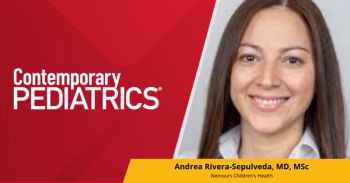
Chronic abdominal pain may indicate fructose intolerance
Children who suffer from recurrent or functional abdominal pain may need to be tested for fructose intolerance.
Children who suffer from recurrent or functional abdominal pain may need to be tested for fructose intolerance. In a recent study by researchers at Mary Bridge Children's Hospital and Health Center in Tacoma, Washington, more than half (54%) of the 245 patients aged 2 to 18 years (mean age, 11 years) who were seen for unexplained chronic abdominal pain tested positive for fructose intolerance. Most (62%) patients were female.
Testing was done via a breath hydrogen test. Patients received a standard dose of 1 g/kg fructose to a maximum of 25 g. Using a microlyzer self-correcting model SC QuinTron machine, hydrogen and methane levels were tested at 30, 60, and 90 minutes. A level of 20 ppm above baseline was considered a positive result.
Fructose intolerance is effectively managed with a low-fructose diet. All patients in the study who tested positive met with a registered dietician for a nutrition consult, and 68% of patients said their symptoms (pain, constipation, gas or bloating, diarrhea) were resolved through a modified diet.
Newsletter
Access practical, evidence-based guidance to support better care for our youngest patients. Join our email list for the latest clinical updates.








